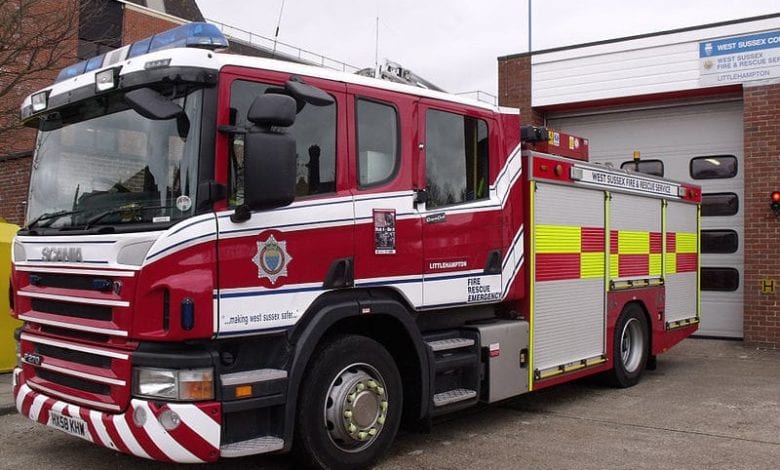NFU Mutual issues advice to prevent hotel fires

Latest figures from the Fire Protection Association have prompted the hospitality insurer NFU Mutual to issue advice and prevent large loss fires in hotels.
According to the FPA, there were 47 fires in hotels, motels and B&Bs during a six-year period with a large loss fire costing an average of £1.4m each, prompting NFU Mutual to issue advice and provide information with a basic checklist on fire risk assessments.
The FPA figures also revealed that from the 47 fires, 63% of the average cost goes to business interruption expenses and 29% goes to material damage, with most fires (28%) taking place between 6pm and 12am.
Although 57% of fires were deemed accidental and 23% deliberate, the causes of the restant fires remains unknown, according to the FPA, which also said inadequate water supplies and problems with fire and rescue service access to the property were contributory factors for eight of the fires.
Up to 54% of the estimated cost of large losses in the ‘other residential’ sector were attributed to fires in hotels and motels including care and nursing homes, with £848,000 cost averaged.
The basic FRA checklist contains 10 points including discussing the ‘kitchen passive protections’, considering active fire safety protections, providing information on how to wash and dry equipment in a safety manner, testing the fire alarm routinely, informing staff of their role in the event of a fire, among others.
Health and Safety technical manager at NFU Mutual, Nathan Brew, said: “Fire remains one of the greatest hazards to the lives and livelihoods of hoteliers. The assumption is that most fires start in the kitchen, but the hazards range from self-combusting tea towels to electrical faults and chimney fires.
“While older brick-built properties with wet masonry walls and fire doors tend to hold a fire within the compartment of origin, these hotels also tend to use unique, listed or heritage buildings which are particularly expensive and slow to reinstate due to protection rules. Even for smaller fires, the interruption suffered to a business’ ability to operate is often the biggest concern.
He added: “The scale of these figures shows how important it is to take all possible steps to prevent fires breaking out, and to have adequate means to evacuate people safely in the event of a disaster.”









